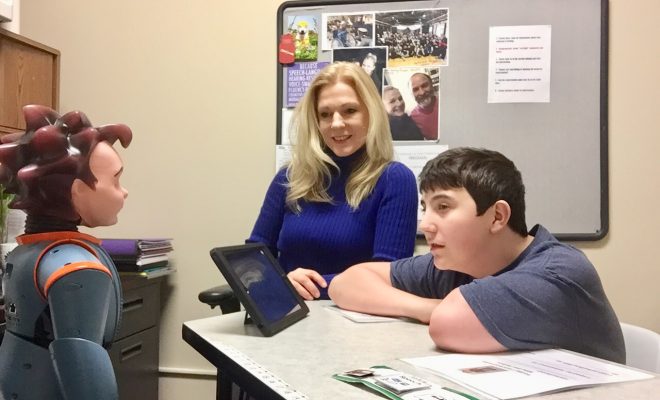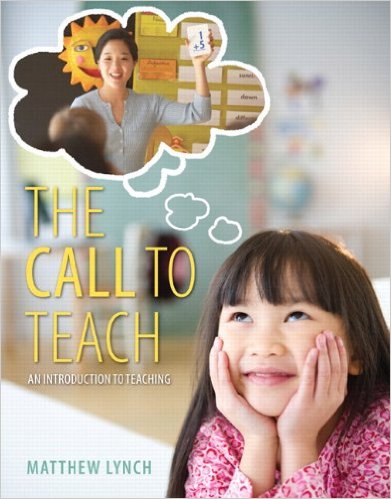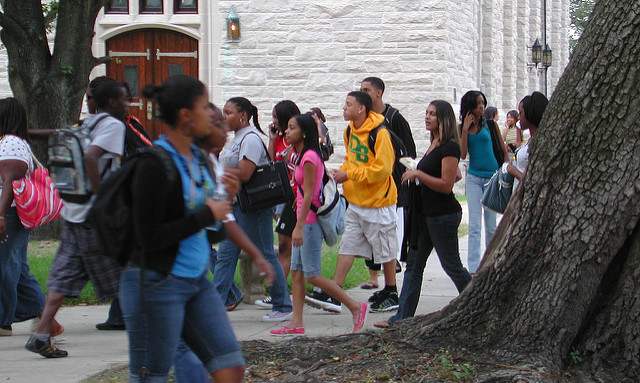Was Nov. 8 a massive failure of civics education?

How one group reaches out to our youngest citizens

Generation Citizen students present their political work.
“I hate politics so much.”
That’s what a 10th grader in the Bronx had to say recently while struggling to comprehend the election of Donald Trump as president, articulating the thoughts of many students, especially young people of color, at schools across the country. “Why would you want a racist, sexist man as president?” the student asked, adding, “Minorities have been fighting for our rights for the past 200 years and now all of that is going to waste.”
It is vital that we seize on these moments to teach our young people valuable lessons about government and democracy. As a national nonprofit dedicated to teaching young people to be active citizens, we neither endorse this student’s comments nor suggest that all young people share the same views. Instead, we acknowledge that the presidential election’s aftermath has been emotional for all, creating despair in some parts, ecstasy in others.
While many Americans attempt to figure out the ramifications of a Trump presidency, no constituency matters more than young people. Teachers are struggling to talk about the election with their students. Some are avoiding the topic altogether, knowing that it will bring up charged emotions for both students and parents.
Related: How will the presidential election results influence education technology in schools?
Although we are expanding to Oklahoma and Central Texas, we currently predominantly work in liberal corridors.
This reality, and the election’s result, has made us reflect on our own work, asking whether we should make a more intentional effort to ensure that civics education is a subject that is actively pursued beyond just the coastal areas.
Beyond our immediate work to address how teachers can address the election in their classes, our organization is using the election’s results to better determine how civics education may be a necessary antidote to the unprecedented vitriol that took place during the election.
There are no simple answers. But we will provide some suggestions that have come out of our recent work.
First, students need to be able to talk about the election in class.
It is challenging but necessary for educators to address these weighty topics. As one of our 8th grade students said, “You will feel better after hearing how others feel, realizing that you’re not alone, and that there are people supporting you.”
Classroom discussion about the election allow students to voice the enormity of emotions that they feel and provides an opportunity to air and rectify the inaccurate information surrounding the results. Most importantly, conversation can help to clarify that the political trajectory is a long one. Whether or not the students agree or disagree with Trump, they still need to engage — now, perhaps more than ever.
In order to actually engage, students need a space to express themselves without being judged by educators or their peers. While this may be difficult for an educator, it is important to not “fact check” emotions.
Civic engagement requires personal investment, and all emotions — whether students feel like the country is ending or being saved — are valid.
After emotions are on the table, educators have an opportunity to answer student questions about the nuts and bolts of the election.
Students may not understand how Trump was actually elected; some do not understand how the Electoral College works, the demographic makeup of the country, or philosophical differences between rural and urban communities. Students have expressed the desire to better understand the motivations of Trump supporters.
Related: Schoolchildren “have a lot of questions and a lot of fear” in aftermath of Trump victory
Teachers should consider maintaining a safe space for students who differ in their opinion on the election. Students should be encouraged to ask questions, use “I” statements to express personal feelings and practice respectful dialogue. This is behavior adults could seek to emulate, regardless of political affiliation.
Many Generation Citizen students were shocked to learn that only 55 percent of all eligible Americans voted, the lowest rate in nearly 25 years.
As one of our students expressed, “This is a lesson learned. If more people voted, things could have been different.”
Finally, and perhaps most important, students should be encouraged to act, now and in the future. We have emphasized that a President Trump will not have complete control over their lives because of the explicit balance of power that our founders created. If students care about issues like teen jobs, public transit or violence in their communities, they have the opportunity to address these challenges through local government or state legislature.
Generation Citizen has created a two-lesson curriculum, Beyond the Ballot, which explicitly focuses on the importance of engaging local officials and helping students forge the tools to take action on issues they care about.
Teaching about this unprecedented election is challenging, and we are not claiming that a few conversations will make all student concerns disappear. The emotions are real and raw. But providing a space for reflection, explaining the facts of Trump’s election and focusing on the importance of local activism are vital. If nothing else, this election has demonstrated the importance of an engaged and educated citizenry. The only road to such an outcome is giving students the chance to become civically engaged early on.
Students will seize that opportunity. At the end of one of our discussions, two students planned their own presidential runs, figuring out what year they would be eligible. They agreed that whoever won would tap the other for the vice presidential spot.
The student quoted at the beginning of this piece closed class with the following reflection: “In the end we are on one team. We can’t give up and stop fighting for what is right. We have to keep pushing forward and stay encouraged. We have worked hard for what is right and can’t give up now.”
Nora Howe is a New York Program Associate with Generation Citizen.
Thomas Kerr-Vanderslice is Generation Citizen’s Rhode Island Executive Director.






